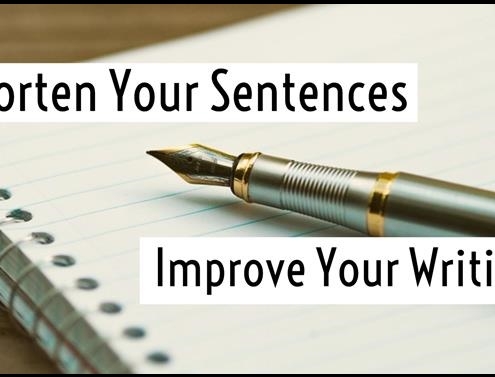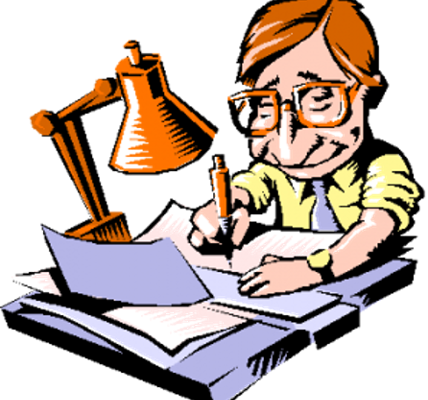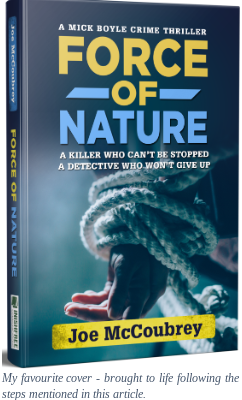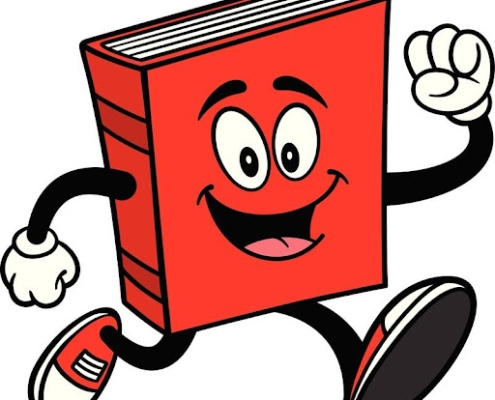
Location, location, or a signpost to trouble?
0 Comments
/
One thing most authors agree about is the need for accuracy when describing their locations – but just how far can you go in pinpointing exact street names and addresses? A bit of caution, and common sense, is often needed.

What is the ideal length of sentences and paragraphs?
For my own part I don’t like a sentence that goes beyond 6 lines. No amount of grammatical intersections (commas, semi-colons etc.) will compensate for the fact that by the end of the sentence the average reader will need to draw breath, and probably not want to be put through much more of the same.

What is the best length for a novel?
It’s a question to bedevil most first-time authors. When I put together my first novel I kept wondering if I was going too far or not far enough. At 60,000 words I knew there was still much I needed to write to round out the various plotlines – but would I end up with a long-winded saga or was it heading for a ‘normal’ length book?

You type ‘end’ but is your book really finished?
It is perhaps the greatest moment in an author’s life, the point when the last full stop is keyed, and the manuscript is finished. Writing novels can be a long, lonely road, littered with all kinds of frustrations that only the strong and the dedicated will endure. When you get to the end, you’ve more than earned the right to savour the moment.

First-person or third-person or somewhere in between?
It is perhaps the most important thing you have to ask yourself as an author. How will I pass on my story? What’s the best means of conveying the actions and emotions? Are things better communicated through the eyes of the author/narrator (first person) or from an almost dispassionate distance as the messenger/teller of events (third person)?

Dialogue can be a writer’s best friend, or his worst enemy.
Stories can be broadly dissected into three distinctive parts – the narrative (scene-setting, and plot description), the action (who does what to whom) and dialogue (who says what). The latter segment is the one which appears to cause problems for many writers who struggle to get a balance between saying too much and not nearly enough.

Do judge a book by its cover
Authors – most particularly indie authors – are learning the hard way that getting potentials readers to land on the cover image of their creation cannot be taken for granted. Authors need a hook. And a clean, interesting cover must be the default starting point.

Writing a book is more like a marathon than a sprint
The world of athletics provides analogies aplenty to describe the processes by which authors get a book ready for the finishing line.

